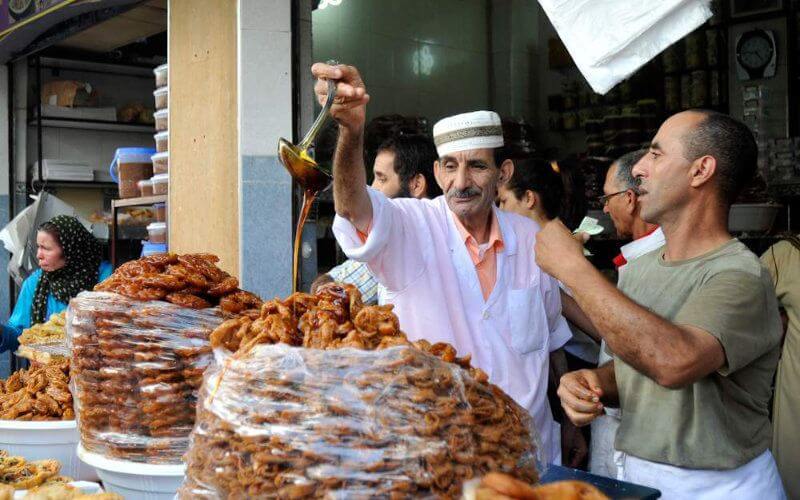Ramadan Fasting Raises Health Concerns Amid COVID-19 Pandemic

Fasting during the pandemic period could weaken our immune system and, consequently, expose it to a major risk of coronavirus contamination. These are the questions raised by the Muslim community as the holy month approaches.
The immune system needs vitality to produce antibodies. But isn’t it advisable to postpone fasting, knowing that lack of food, coupled with dehydration, are likely to promote viral development?
On this question, the International Union of Muslim Scholars has issued its advisory opinion, stating that the coronavirus epidemic is not a valid excuse in Islam to abstain from fasting.
While encouraging Muslims to prepare physically and psychologically for the holy month, the Union indicated that breaking the fast is only granted to people infected with covid-19, referring to the Quranic verse. "Whoever among you is ill or on a journey, [let him fast] an equal number of other days."
In a new study, a team of researchers at the University of Southern California has proven that fasting for three days can regenerate the entire immune system, even in the elderly or seriously ill.
According to Valter Longo, one of the authors of the study, "the good news is that the body gets rid of the damaged or old and ineffective parts of the immune system during fasting," adding that if your system has been "severely damaged by chemotherapy or aging, fasting cycles can literally create a new immune system."
Related Articles
-

Illegal Beach Sand Mining Near Tangier Sparks Environmental and Economic Outcry
4 September 2025
-

Surveillance Footage Exposes Tourist Robbery Ring in Tangier Court Drama
4 September 2025
-

Rif Protest Icon’s Father Dies: Ahmed Zefzafi’s Passing Reignites Hirak Movement Debate
3 September 2025
-

Gulf Tourists and Moroccan Women Arrested in Marrakech Prostitution Sting
3 September 2025
-

Groom’s Secret Past Exposed: First Wife Crashes Moroccan Wedding, Halting Ceremony
3 September 2025